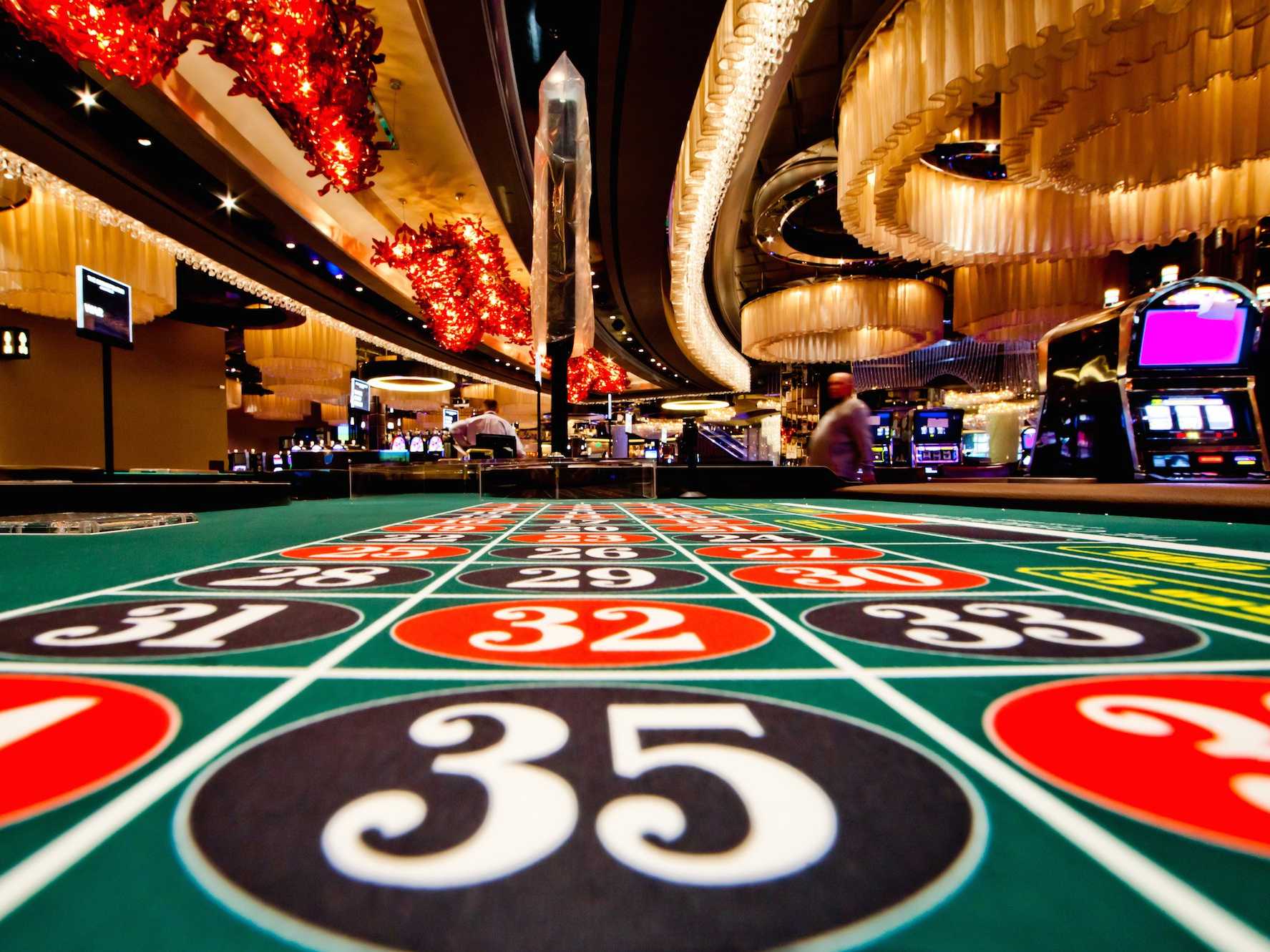The Cultural Influence of Gambling Activities Worldwide

Casino entertainment have long been a engaging form of entertainment, drawing numerous of players from different cultures around the globe. From the glitzy casinos of Las Vegas to the busy gambling halls of the Cotai Strip, these games serve as a common thread that connects people across different backgrounds. The allure of luck, tactics, and uncertainty entices not only those seeking to gamble for profit but also those in search of a sense of community.
The significance of casino games extends significantly past the gaming floor. They often embody the cultural standards and beliefs of the cultures in which they thrive. Games such as poker, pontoon, and roulette have woven themselves into the mosaic of popular culture, influencing various aspects from cinema to fashion. As we explore this intriguing intersection of gambling and society, we can comprehend better how these games shape and are affected by the surrounding world.
Historical Progression of Gambling Games
The roots of casino games can be tracked back to ancient cultures, where betting in multiple forms was widely engaged in. In China, around two thousand three hundred years before Christ, a variant of lottery known as Keno was common, while in ancient Rome, soldiers would often gamble on the consequences of their games. The idea of using chance for fun and income progressed over the years, leading to the establishment of more organized games. By the late Middle Ages, betting houses initiated to emerge in Europe, particularly in Italy, which brought forth early versions of well-liked games still enjoyed today.
As gambling gained popularity in the continent, the 17th and 18th centuries saw the rise of casinos as specialized establishments for betting. The first official gaming venue, the Ridotto, was founded in Venice in 1638, offering games like the game of Baccarat and Faro games. This time marked a crucial shifting point, as casinos started to welcome not just the wealthy but also the growing middle class. The sophistication of activities grew, leading to the introduction of new guidelines and variations that improved the experience of players.
In the 19th century, the industrial age and transformations in societal conventions additionally changed the landscape of gambling games. The introduction of the game of roulette and new gaming machines pulled in a broader crowd, and casinos became seen as acceptable recreation. This time witnessed the worldwide proliferation of gambling, as gambling houses extended from European nations to the New World, culminating in the development of the legendary Strip of Las Vegas in the twentieth century. The progress of casino activities has continued into the modern era, integrating modern technology and online sites, rendering them open to a worldwide market.
## Cultural Importance across Various Communities
Casino activities have significant social importance across a multitude of communities across the world. In Las Vegas, the very essence of the urban landscape is woven around gaming venues, where gaming is not just a recreational activity but a key aspect of entertainment and community life. The bright lights and lively atmosphere attract a vast audience, showcasing how games of chance can shape local economies and cultural identities. This surrounding transforms the notion of recreation into an enriching encounter that affects apparel, melodies, and even cinema.
On the other hand, some communities view betting with greater care, viewing it through the lens of ethical beliefs and tradition. A case in point, in many Asian communities, games like Mahjong and Pai Gow Poker are rich with history and possess significant social relevance. These games are often played during gatherings and celebrations, fostering community bonds and reinforcing family ties. The act of playing these games goes past mere amusement, reflecting principles such as respect for elders and the significance of communal fun.
Meanwhile, in continental countries such as the principality of Monaco and Rome, gambling activities serve as symbols of luxury and sophistication. The stylish atmosphere of these locations attracts both travelers and residents, reinforcing a sense of prestige and elitism. The art of Texas Hold'em and the strategic features of games like the game of baccarat are appreciated, molding interpersonal interactions and creating an allure that captivates a heterogeneous audience. This emphasizes how casino games can both echo and mold cultural perspectives towards risk, gain, and social interaction. betting sites not on GamStop
Financial Influence and Tourism
Gambling activities play a significant role in the financial context of many areas, particularly those that rely heavily on visitor traffic. The revenue produced from gambling establishments fuels local financial systems, creating jobs not only within the casinos themselves but also in connected industries such as hospitality, restaurant services, and entertainment. This influx of tourists, drawn by the allure of gambling and the overall gaming environment, stimulates spending across multiple local enterprises, contributing to the economic health of the region.
The presence of casinos often leads to the construction of infrastructure, including hotels, transportation systems, and leisure amenities. These improvements are essential in improving the overall visitor satisfaction, making destinations more attractive to visitors. Additionally, many casinos contribute in local communities through sponsorship of activities and philanthropic activities, further embedding themselves into the social fabric of the region. Such contribution not only supports economic growth but also fosters a positive image of the gambling sector.
Moreover, the worldwide appeal of casino games drives competitive tourism, with locations vying to attract players from across the globe. Iconic destinations like Las Vegas and Macau have become synonymous with casino culture, drawing millions annually. This advantage encourages innovation and diversification within the gaming industry, influencing developments in leisure and hospitality that resonate beyond their borders. The consequences of this tourism extend wide, impacting local economies and cultural interactions on a worldwide scale.
